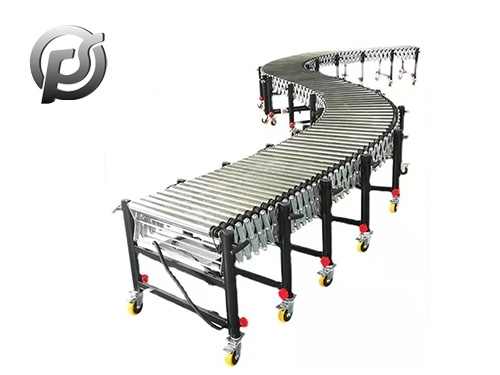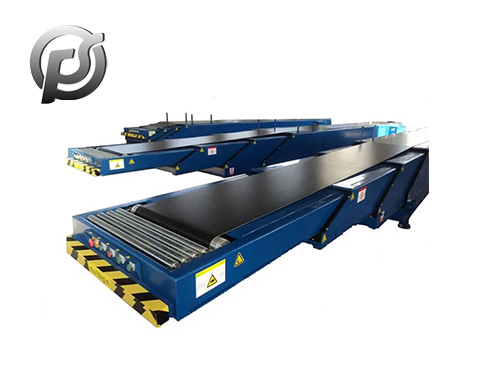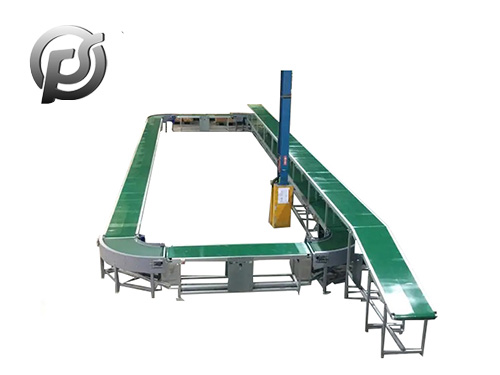Conveyor belt function a pivotal role in various industries, serving as a reliable and efficient means of transporting goods and materials across different stages of the production process. This article delves into the functions and significance of conveyor belts in modern industrial settings.
Efficient Material Handling
One of the primary functions of conveyor belts is to facilitate the seamless movement of materials within a facility. Whether it's raw materials entering the production line or finished products being conveyed for packaging, conveyor belts provide a continuous and automated solution for material handling.
Automation and Increased Productivity
Conveyor belts contribute significantly to the automation of industrial processes. By eliminating the need for manual transportation of materials, they enhance overall productivity and operational efficiency. Automated systems with conveyor belts can be programmed to precisely control the flow of materials, reducing the risk of errors and optimizing production rates.
Diverse Applications Across Industries
The versatility of conveyor belts is evident in their widespread use across various industries. From manufacturing and logistics to mining and agriculture, conveyor belts are employed for tasks ranging from assembly line operations to bulk material handling. This adaptability underscores their importance as a fundamental component of modern industrial infrastructure.
Variety in Conveyor Belt Types
Different industries and applications require specific conveyor belt types tailored to their unique needs. Examples include flat belts for horizontal movement, cleated belts for inclined conveyance, and modular belts for intricate product handling. The diversity in conveyor belt design allows industries to choose the most suitable option for their operational requirements.
Precision in Material Movement
Conveyor belts provide a high level of precision in material movement. This is crucial in industries where accurate positioning of materials is paramount, such as in the automotive and electronics sectors. Precise control over the conveyor system ensures that materials are delivered to the right location at the right time, contributing to the overall quality of the manufacturing process.
Safety and Reliability
Beyond their functional aspects, conveyor belts contribute to workplace safety by reducing the need for manual material handling, which can be physically demanding and pose safety risks. Modern conveyor systems are designed with safety features, such as emergency stop buttons and sensors, enhancing their reliability and minimizing the likelihood of accidents.
Conclusion
In conclusion, conveyor belts stand as indispensable components in the contemporary industrial landscape. Their functions extend far beyond mere material transportation, encompassing automation, precision, and safety. As industries continue to evolve, the role of conveyor belts in streamlining processes and enhancing productivity remains paramount, making them an integral part of the engine driving modern manufacturing and material handling systems.


 Custom Conveyor Belts: Enhancing Efficiency and Productivity
Custom Conveyor Belts: Enhancing Efficiency and Productivity
 Stone Belt Conveyor: Efficient Material Handling Solution for Mining and Construction
Stone Belt Conveyor: Efficient Material Handling Solution for Mining and Construction
 Exploring the Dynamics of Conveyor Belt Manufacturing in China
Exploring the Dynamics of Conveyor Belt Manufacturing in China
 PE Conveyor Belts: Characteristics, Applications, and Advantages
PE Conveyor Belts: Characteristics, Applications, and Advantages